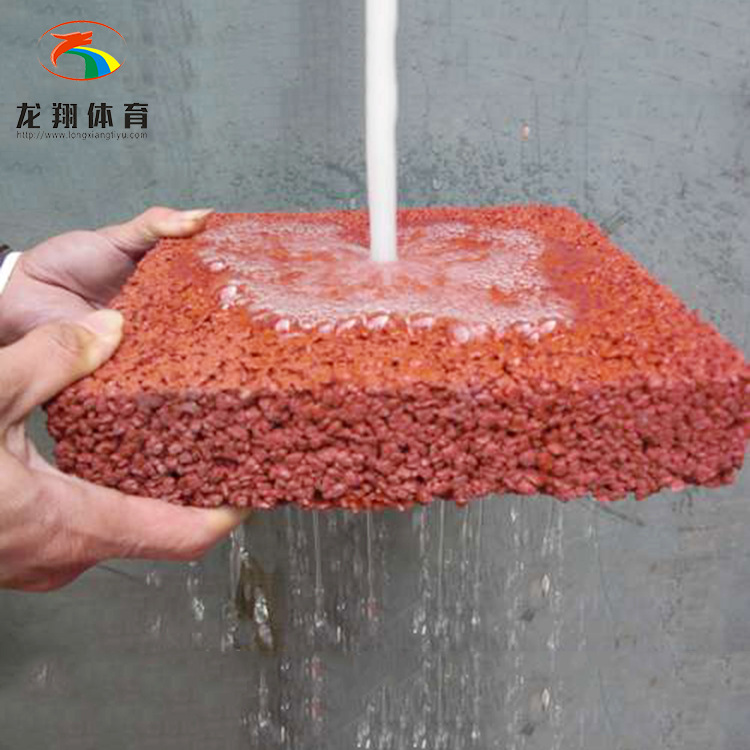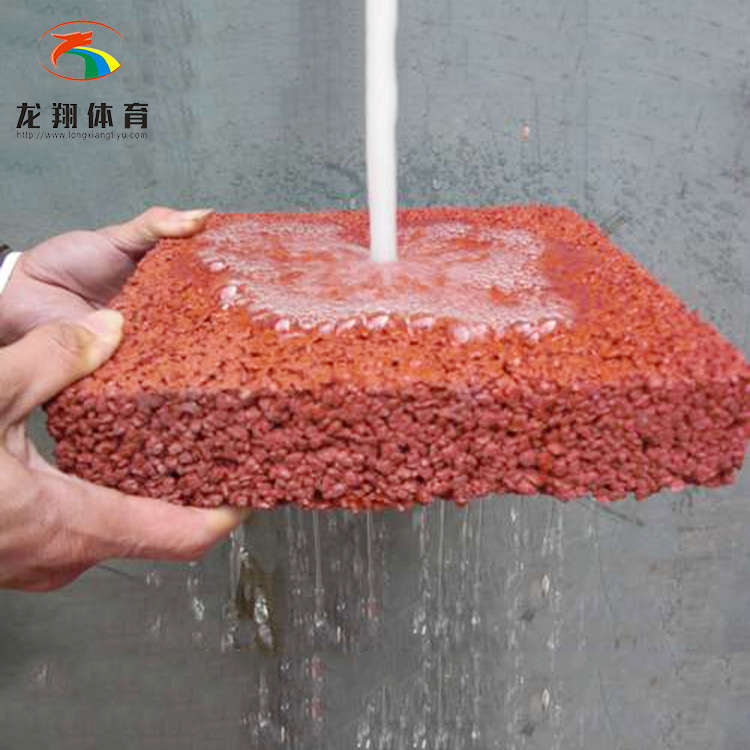Introduction to the performance characteristics of permeable floor
1. High water permeability. The permeable floor has 15%-25% porosity, which allows the water permeable rate to reach 31-52 liters/m·hr, which is much higher than the discharge rate of the most effective rainfall in the best drainage configuration.
2. High carrying capacity. Appraised by the national inspection agency, the bearing capacity of the permeable floor can fully meet the bearing standard of C20-C25 concrete, which is higher than the bearing capacity of the general permeable brick.
3, good decorative effect. The permeable floor has a color-optimized matching scheme that can match the designer's unique creativity to achieve the decorative style required by different environments and individualities, which is difficult to achieve in general permeable bricks.
4, easy to maintain. The problem of pore blockage that people are worried about is unnecessary. The unique water-permeable paving system makes it easy to solve by simply washing with high pressure.
5, antifreeze and meltability. The permeable pavement has stronger freeze-thaw resistance than the general concrete pavement, and will not be affected by the freeze-thaw effect, because its structure itself has large pores.
6, durability. The durable wear resistance of the water-permeable floor is better than that of the asphalt, which is close to the ordinary floor, avoiding the shortcomings of the use of the general permeable bricks and the uneconomical disadvantages.
7, high heat dissipation. The low density of the material itself (15-25% void) reduces the heat storage capacity, and the unique pore structure allows lower subsurface temperatures to be transferred to the ground and lowers the temperature of the entire paved floor. These features make the permeable paving system It is close to the ground covered by natural vegetation in terms of heat absorption and heat storage.





